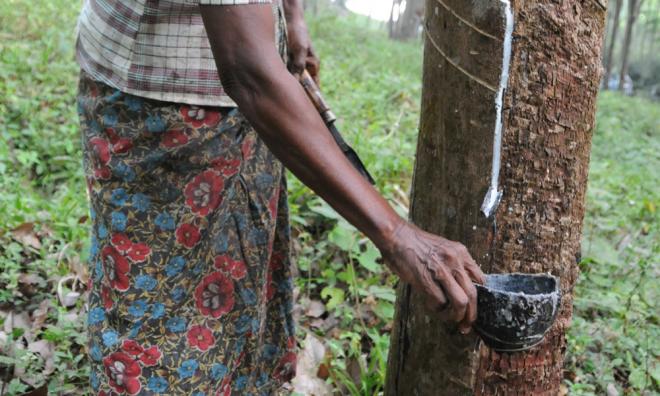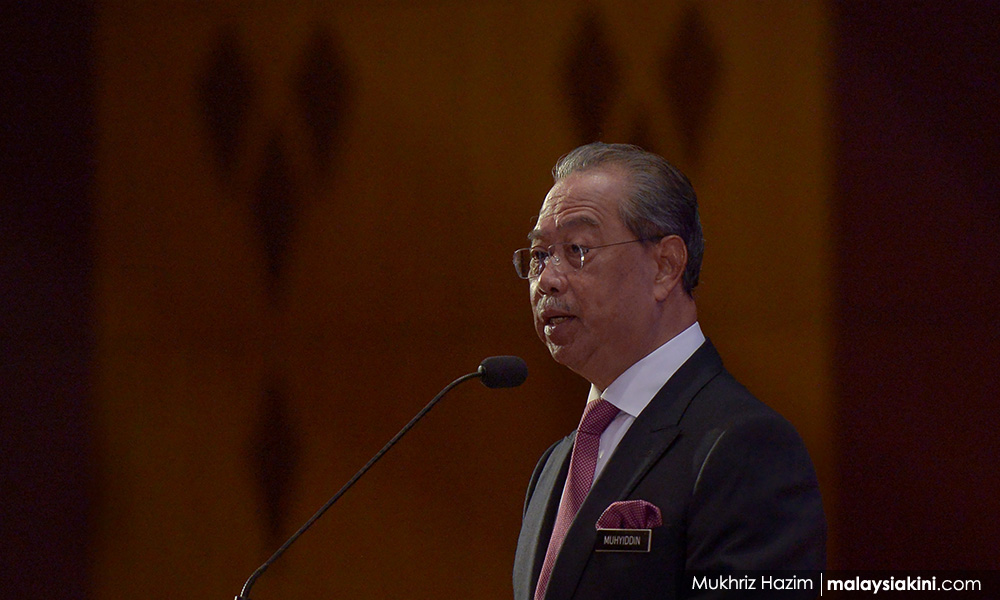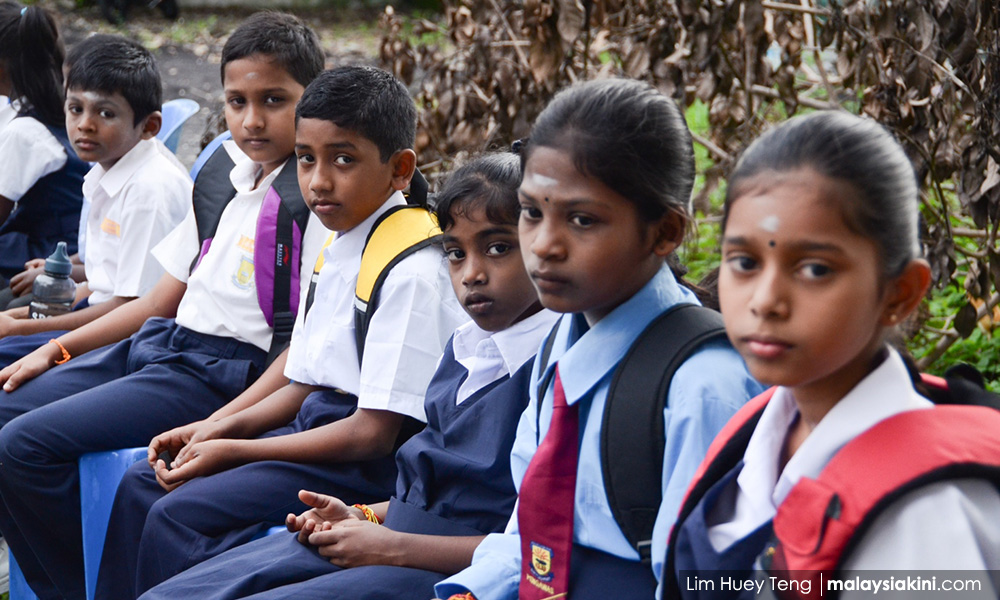
The government has established the Bumiputera Prosperity Council which will act as the highest platform to strengthen the community’s socio-economic development.
Prime Minister Muhyiddin Yassin, underscored the importance of this council by announcing in the Dewan Rakyat on Thursday that he will personally chair the council while adding that Teraju, the government’s bumiputera empowerment unit, would be the main coordination agency.
Most Malaysians would agree that it is vital for the government to commit to the bumiputera agenda and that despite improvements in the community’s economy, their socio-economic standing needs to be further boosted.
To justify the need for this, he said the community lagged behind others which was evident in the higher poverty rate (7.2 percent) compared to the Chinese (1.4 percent) and Indians (4.8 percent).
He added that bumiputera equity in the corporate sector stood at 16.2 percent in 2015 compared to non-bumiputeras (30.7 percent) and foreign holdings (45.3 percent), while unemployment was also slightly higher among bumiputeras.
The premier also said the government would promote and nurture bumiputeras to become entrepreneurs, while education and human capital development efforts would be ramped up, particularly among B40 and M40 families.
He announced a slew of other special incentives for the community including scholarships, an annual bane that Malaysian students and parents face when the recipients are announced.

Let’s be honest here, the numbers in absolute terms based on the percentage makes the bumiputeras as having the most number of poor Malaysians is quite expected, given the national population demography. And yes, there ought to be special policies to extricate them out of poverty for national stability.
The New Economic Policy (NEP) which has been in existence since 1970 under different names was supposed to have done this but as admitted by all governments in power, there were some failings and the lofty aims were not fully achieved. But it would be a lie to say if these policies did not help at all, they actually created many successful bumiputra families and businesspersons from the peninsula and East Malaysia.
But the figure that should capture the attention of readers is the 4.8 percent poverty rate among the Indian Malaysians. This is because this community number slightly more than 2 million, which means there are 500,000 of them living in absolute poverty. If you ask me, the actual number living in poverty is much higher. An estimated 60 percent to 70 percent of them are struggling for survival, living from hand-to-mouth and trapped in low wages.
The arguments by previous leaders that the number of doctors and lawyers from the community was among the highest comparatively is obsolete, and these figures have changed vastly and do not hold water anymore. That is the reality on the ground.
While some of these professionals did get government help which cannot be denied, but honestly the number is small as they had to fight really hard to obtain scholarships and secure government jobs. Their number in the civil service is grossly underrepresented too.
A point that all Malaysians should note here is that over the last two decades or so, most of the Indian professionals and successful entrepreneurs were self-made or self-funded. Many of the parents had to beg or borrow to send them abroad to get their medical degrees.

You must understand that you are not eligible for the PTPTN loans if you study abroad which is what most of them resorted to as the costs were much lower in countries like Indonesia and Russia where most of them studied.
It was sheer hard work, sweat and tears for these parents struggling to make sure there were at least one or two professionals in their families to help lift their siblings to greater heights. Everyone knows that there was no special policy aimed at ensuring the have-nots from this community, which number quite a bit.
Most Indians were misled into believing that the MIC was representing the community in the government and the leadership would make the community emerge from the poverty trap that they were in for decades. But this party failed miserably, as it allowed their leaders and cronies to enrich themselves as policies after policies meant for the community were misused. Blind loyalty to the party obviously blinded the community.
Most of these people were from families displaced from plantations as massive development swept the nation during the two decades from 1980 to 2000. They were lumped into the urban poor category and subjected to much ridicule from the urban elites of all races.
Being dark-skinned did not help as they were abused using derogatory terms like “pak hitam and kicap” among others. It was painful indeed but most ignored their plight, as after all, they were in the minority group who did not figure largely when it came to voting.
A number of them turned to violence, alcoholism and gangsterism which they should not have but perhaps the socio-economic condition and the low self-esteem made them comparable to the situation of the Roman plebians in the empire then. Most had very little access to the right people and help as they let their lives be dictated by the MIC leaders then.
There is a great need for a body like Teraju to be formed to uplift the millions of non-bumiputras who are in dire need of similar help that the prime minister has announced rightly for the bumiputras.
Indian Malaysians are in need of more government scholarships, jobs and economic policies to slowly start bringing the community back into mainstream Malaysia.

I am talking about second, third, fourth and even fifth generation Malaysians who were born on this soil and know Malaysia as their only home. I don’t know about others but when Negaraku is played during a sports victory ceremony, tears well in my eyes.
And the second line which reads “Tanah tumpahnya darah ku” (the land that I bleed for) means a lot to me, especially having served the nation in the armed forces for more than a decade, just like many others from my community.
I think we deserve a 7 percent discount on homes like the bumiputras for having done our national service, giving the best part of our youth to defend our country.
I still cannot fathom why a Malaysian earning RM15,000 a month buying a terrace home costing RM500,000 gets a 7 percent discount while another Malaysian earning RM7,000 does not get any cut when buying a similar property. To me, it’s mind-boggling.
Under these circumstances, is it wrong for these groups of tax-paying full-fledged Malaysian citizens to ask for a need-based policy to be in place? Frankly, the Indian community is crying out for help and I hope the policymakers hear them. It is getting louder and clearer.
by K. Parkaran - Mkini
The views expressed here are those of the author/contributor and do not necessarily represent the views of us.



No comments:
Post a Comment
Note: Only a member of this blog may post a comment.